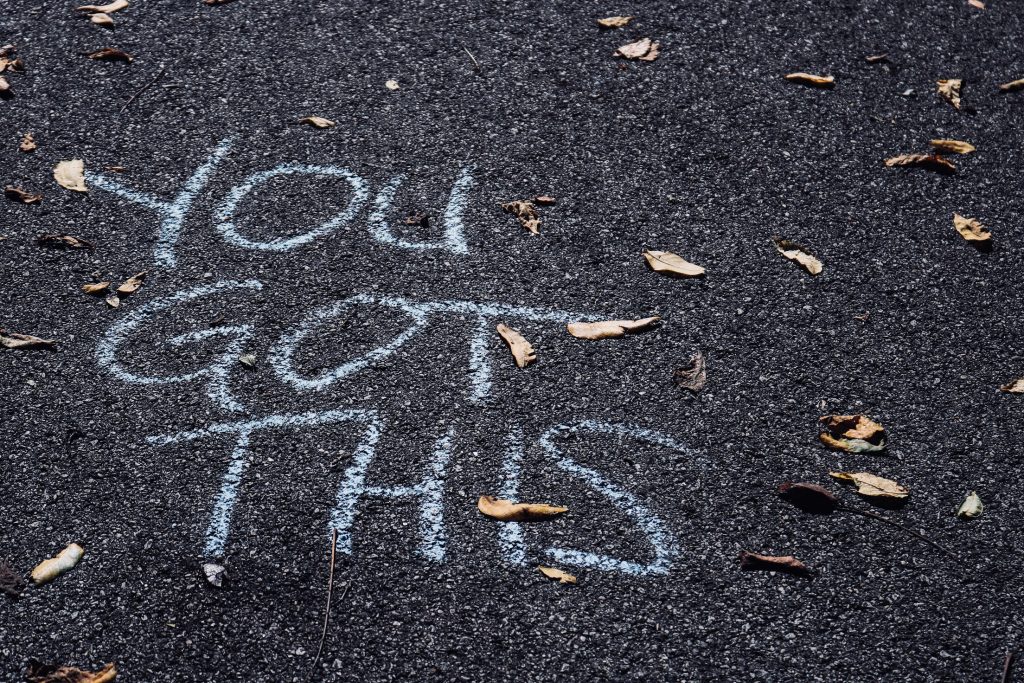
I’m the sort of person that loves routine. I enjoy my morning routine, it sets me up for the day, leaving me feeling awake and ready to get to work. And I like my daily work routine, my coffee break mid-morning, and my lunchtime stroll in the park.
If for some reason I can’t follow my normal routine, everything feels in disarray. For a day or two, it’s fine, it’s a novelty and I’m having fun travelling or staying with a friend. But after two or three days out of my routine, I miss it.
I crave walking on my own, long walks listening to podcasts. My body misses the stretches of morning yoga. I long for 10 spare minutes to listen to a meditation. My writing goes off kilter, and I realise on Friday morning that I have no blogpost to publish.
More than anything, I need a bit of time on my own, no chatting, no listening, no voices. Just me getting on with my stuff.
The pressure of being productive
This week I was reminded how in the media and online there’s an intense pressure to be the most efficient you can be, the most productive, the most calm and unflappable. All around there are examples of morning routines, productivity hacks, other people telling us what works for them. Things you must do to get x result.
I’ve written before about information overload and how I’m always trying to strip things back to the bare essentials in terms of consuming information. Ironically, having recently written a few posts about productivity and efficiency, I realise I could be adding to the noise.
If hearing about other people’s lives leaves you feeling bad, or that you’re not doing enough, it’s probably healthier to dial down the noise and concentrate on doing your thing.
No routine
The thing is, I love hearing about how other people work, how they spend their days and what their morning or day time routines consist of (for example here). I find it fascinating what works for one person and doesn’t for another. Or rather, what appeals to me and what doesn’t.
Other people’s routines can seem pretty dull and strict. Chanting for 30 minutes upon waking then drinking hot water with lemon doesn’t appeal to me. Nor does waking at 5am to walk on a treadmill whilst checking emails and catching the news headlines. It sounds like a punishment rather than a great way to start the day.
What I really like is reading about people whose routines are totally different to mine, and which sound fun. Perhaps they don’t have any fixed routine. Maybe they wake up and write for 2 hours straight, only drinking coffee. Or they roll out of bed as late as possible, grab a croissant and coffee to go and put their makeup on in the tube.
Get inspired
And learning about how other people go about their lives can be helpful. You might uncover something that hits a nerve, and makes you see things differently, do things differently.
I remember reading about someone working in publishing who would snatch any moment throughout the day they could to read – getting through a staggering amount of books a month – and that made me prioritise reading more.
Sometimes it’s good to refresh the routine you’ve settled into and consciously aim to make your day more enjoyable, or relaxed, or easy.
What works for you
I think the most important point is – find out what works for you.
If you love a bit of unpredictability, no set routine and going with how you feel in the moment, brilliant. Perhaps a bit of chaos gets the adrenaline going. If like me you feel overwhelmed by lack of routine, and like things to feel a bit ordered, that’s fine too. But it probably does me good to mix it up every once in a while and not be too set in my ways.
The main thing is to find what suits you – and go with it. If you’d like some inspiration, download my guide: 3 easy steps to a morning routine you love!
***
If you’d like to book a life coaching session with me, send me an email at joaopoku@gmail.com.




